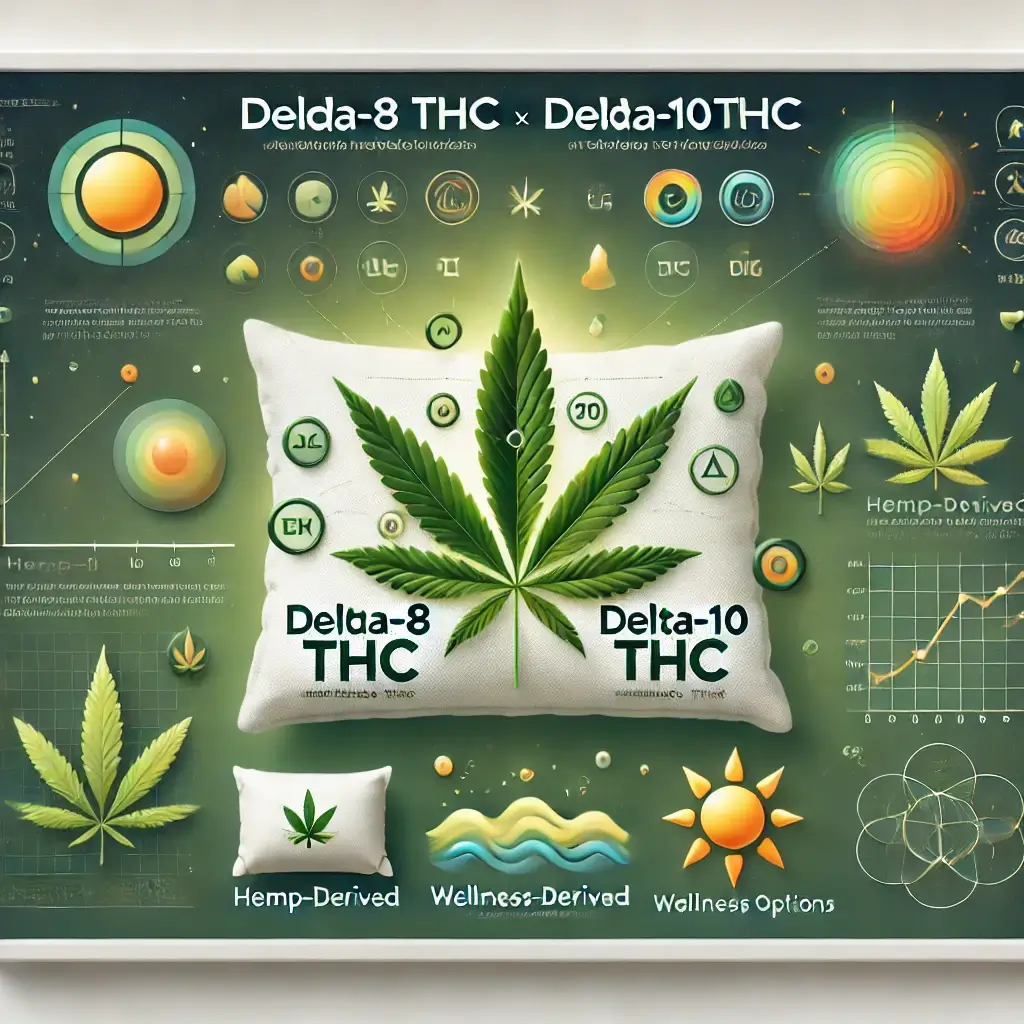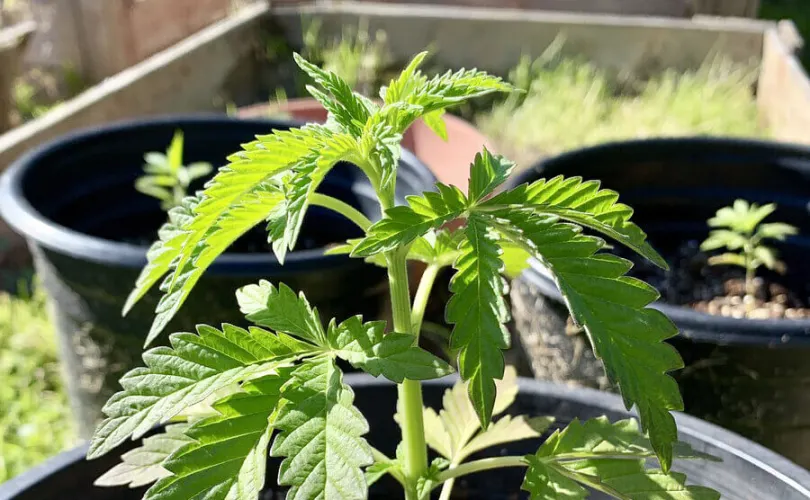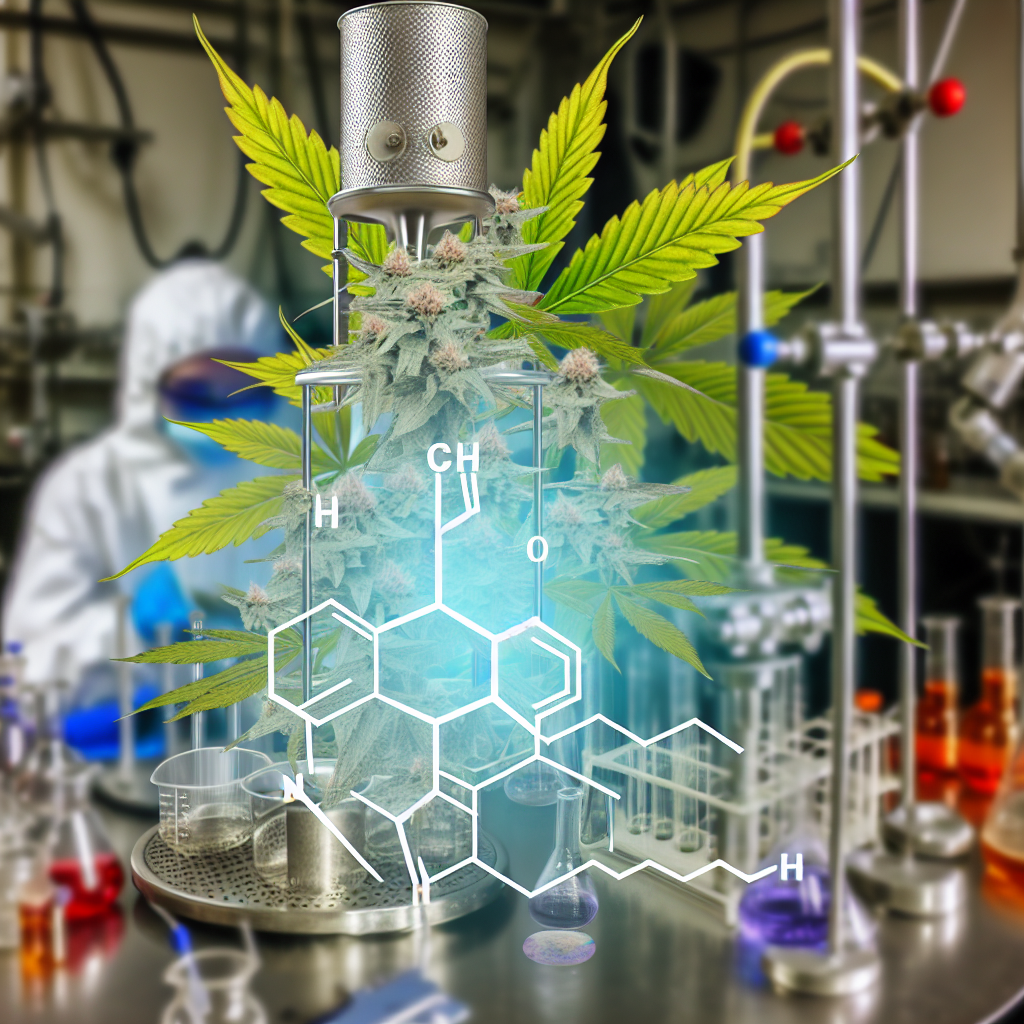Industry Evolution and Delta Products Emergence
The cannabis industry has undergone a seismic shift in recent years, fueled by advances in research, shifting public perception, and evolving regulations. Among the most intriguing developments is the rise of hemp-derived delta products, particularly delta-8 THC and delta-10 THC. These cannabinoids have emerged as popular alternatives to traditional cannabis, offering a range of unique effects and applications. Their growing presence on the market highlights the increasing demand for diverse, accessible options in the cannabis space.
Hemp-Derived Delta Compounds Overview
Delta-8 THC and delta-10 THC are both derived from hemp, a cannabis plant with less than 0.3% delta-9 THC by dry weight. Their molecular similarities to delta-9 THC account for their psychoactive properties, though both are considered less potent. Delta-8 THC is often described as a milder version of delta-9 THC, delivering relaxation and subtle euphoria, while delta-10 THC is associated with more energizing effects. These differences make them appealing to a wide array of users, from those seeking relaxation to individuals interested in improving focus and mood.
Product Challenges and Industry Needs
Despite their potential, these products come with challenges. Concerns about safety, regulatory compliance, and inconsistent product quality underscore the need for greater transparency and education in this growing sector. This article explores the science, safety considerations, and legal landscape surrounding hemp-derived delta products to help readers make informed decisions about their use.
Understanding Delta Cannabinoids
Delta-8 and delta-10 THC occupy a middle ground in the cannabinoid spectrum. While delta-9 THC remains the most well-known psychoactive compound, delta-8 and delta-10 THC offer alternatives with distinct profiles: Delta-8 THC: Known for its calming properties, delta-8 provides a mild high that is often compared to indica strains of traditional cannabis. It has gained popularity for managing anxiety, mild pain, and sleep issues. Delta-10 THC: With effects described as uplifting and energizing, delta-10 is likened to sativa strains. It is used for enhancing productivity and improving mood, though more scientific studies are needed to confirm these benefits.
Safety and Quality Standards
The safety of hemp-derived delta products depends heavily on their production process. These cannabinoids are typically synthesized from CBD through chemical reactions, which can leave residual solvents or impurities if not adequately purified. Consumers should prioritize products tested by third-party laboratories for contaminants such as heavy metals, pesticides, and solvents. Common side effects include dry mouth, drowsiness, mild dizziness, and appetite changes. These are generally mild but can vary based on dosage and individual tolerance. Importantly, individuals with chronic health conditions or those taking medications should consult healthcare providers before use.
Legal Framework and State Regulations
The legal status of delta-8 and delta-10 THC is a topic of considerable debate. While the 2018 Farm Bill legalized hemp and its derivatives, its language did not specifically address cannabinoids synthesized from CBD. This gray area has led to a patchwork of state regulations. Banned States: States like Colorado and Washington have prohibited delta-8 THC, citing concerns over its psychoactive properties and lack of oversight. Permissive States: In states like Florida and Texas, delta-8 THC remains legal but must adhere to strict labeling and testing requirements. As legal interpretations evolve, consumers must stay informed about their local laws to ensure compliance.
Medical and Therapeutic Applications
Preliminary studies suggest that delta-8 and delta-10 THC could hold promise for several therapeutic applications: Anxiety Relief: A 2021 survey published in Cannabis and Cannabinoid Research reported that delta-8 THC users commonly cited reduced anxiety as a primary benefit. Pain Management: Anecdotal evidence suggests both cannabinoids may alleviate chronic pain, though clinical trials are needed to confirm efficacy. Mood Enhancement: Delta-10 THC’s potential to improve mood and focus could make it a useful tool for managing mild depression or attention deficits.
Future Outlook and Industry Impact
Hemp-derived delta products are reshaping the cannabis market, offering nuanced options for recreational and therapeutic use. However, navigating this emerging space requires careful attention to safety, legality, and product quality. By choosing reputable brands and consulting healthcare professionals, consumers can enjoy the benefits of these cannabinoids while minimizing risks. Recent research underscores the importance of regulatory oversight and continued study, ensuring these products remain safe and effective as their popularity grows. As the cannabis industry continues to innovate, hemp-derived delta cannabinoids represent a promising frontier with the potential to redefine wellness and expand access to cannabis-based therapies.




